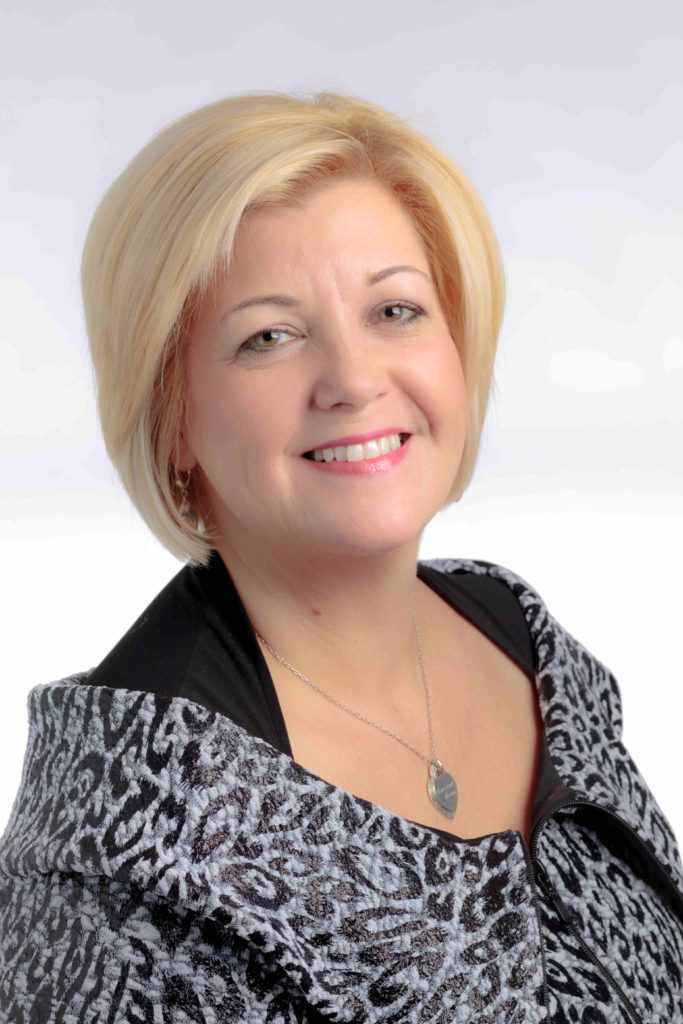Dr. Brigid Harrison: We All Have A Responsibility to Stop Harassment

This column first appeared in the Star-Ledger
The first time it happened, I was 13, a few weeks shy of my 14 birthday, the birthday that would enable me to get working papers. I was, as was common, working under the table at a souvenir shop in Atlantic City. There was shortage in the cash register. The boss wanted to talk to me about it in the back. Why did she want to talk to me? I wasn’t working the register. But when I got back to the manager’s office, she wasn’t there. Instead, there was the owner, an older man – successful, an icon in the area. But he didn’t bring me into the office. He told me to sit down in the locker room where we left our purses and coats. He sat next to me. Even at that age, I knew this wasn’t going to end well. As he moved his hand up my thigh (I can remember the navy blue shorts and Journey concert shirt I wore), talking about the cash register shortage and the fact that I could get in trouble because I didn’t have working papers, I bolted out the door and ran to the bus crying. I came home and told my mother, who called the store manager. “She’s only 13!” my mother shouted. The boss denied it, alleged that I was responsible for the cash shortage. After my birthday, I applied to work at another shop, and as the owner took my application and saw where I had worked for three weeks, remarked “Oh honey, don’t worry, that doesn’t happen here.” Everyone knew.
Fast forward to college: I was a 19 year old studying Chinese language and politics when the full professor who was my language teacher pinned me against the wall in his office, kissed me and groped me. I was repulsed and also angry. I went to a female senior faculty member for advice and was told that it was common knowledge that this particular instructor -- oh hell, I'll say his name: Bob Dixon -- harassed women students and that I shouldn't go to his office and just "slough it off," which I did. Because of it, I also changed my entire course of study (he was the only Chinese language instructor at the college). He was later fired after getting a student pregnant. Again, it turned out, everyone knew.
I could go on.
And if social media is a good gauge, so could nearly every woman in the United States. And while the #MeToo campaign has served as an important reminder to many of us about the pervasiveness of sexual harassment, for many of us – those over age 45 – it is just a reminder. Remember Clarence Thomas’ Supreme Court confirmation hearing? Remember Anita Hill, another woman whose career was shaped by the predatory behaviors of a supervisor, one who described pubic hairs in the Coca Cola, his affinity for Long John Silver? Remember the outrage surrounding the fact that it was an all-male Senate Judiciary Committee hearing her testimony? Remember the political “Year of the Woman” that partially resulted from that? I mean, really, didn’t everyone learn these lessons before?
Apparently not.
But I also remember another result of that national discussion that played out time and again in universities, businesses, newsrooms, government offices, and medical facilities across the country: successful senior men became wary of mentoring – and sometimes, though illegal, of even hiring --young women. As one of my (male) mentors at the time explained, normal non-predatory men were fearful that their everyday interactions could be perceived as harassment.
But watching the #MeToos that have filled up my social media, I would assure him and others with those concerns that the differences between harassment and light-hearted mutual flirtation, comedic banter, or even unrequited romantic interest are consistent and staggering clear.
No one is #MeTooing about Ted in IT who asked a co-worker on a date, or Fred the waiter who harmlessly flirts with the other servers.
What is common among the #MeToos is the palpable sense of repulsion, the desire to run, to escape, the “unevenness” of the relationship in which the harasser is always dominant. Women being harassed feel threatened -- physically, emotionally, and professionally. And in almost all situations the women I know have described, saying “no” would have serious consequences: jobs lost (or impossible to stay in); grades lowered or scholarships not granted; medical residencies lost. Interestingly, in so many cases, women’s reaction is to actually vomit (hint: if you believe your actions might cause the other party to throw up, chances are, it’s harassment).
When a romantic move is made but gets rebuffed, or a flirtation goes too far, there is shared embarrassment, a feeling of “gee, that was awkward.” And these moves typically don’t result in one party running from the scene, vomiting, or looking for a new job. Harassment is dark, it is predatory, it is aggressive, it is unmistakable.
Ultimately, harassment is not about sex but about those with power dominating those without. And so while the discussion of #MeToo shows the pervasiveness of the experience, it also demonstrates the need for those with power – both men and women – to ensure that those without are protected. When everyone knows, then everyone – not just the victims – needs to stop the predators.
Brigid Callahan Harrison is professor of political science and law at Montclair State University, where she teaches courses in American government. A frequent commentator on state and national politics, she is the author of five books on American politics. Like her on Facebook at Brigid Callahan Harrison. Follow her on Twitter @BriCalHar.





